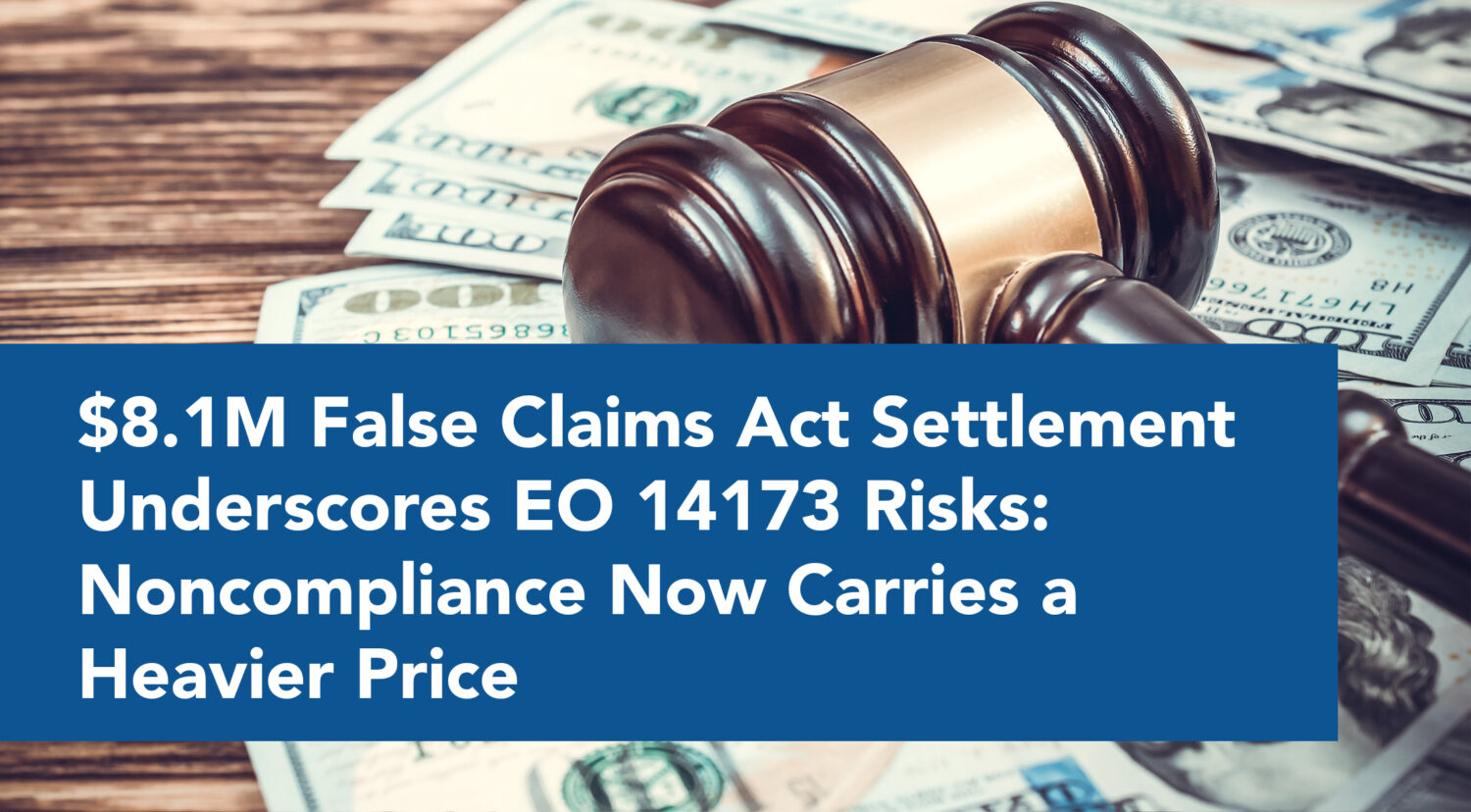The OFCCP has kicked off 2015 by fulfilling one of its promises: it has issued proposed rules intended to update its sex discrimination guidelines, which have not been updated since 1970. The OFCCP published the proposed rules in The Federal Register today. You can find the Notice of Proposed Rulemaking (NPRM) here. Federal contractors and all other interested parties have 60 days to submit comments, after which the OFCCP will review the comments and make changes in response.
The new rules are intended to align the guidelines with laws, cases and societal changes that have occurred over the last 45 years. The proposed new rules largely follow the EEOC position and principles. The rules do not alter contractors’ data collection or retention requirements or how contractors write or implement their Affirmative Action Plans or Programs. The proposed new guidelines do seek to provide clear definitions and examples of behaviors and circumstances that constitute impermissible instances of sex discrimination. In fact, most of the rules should not really be a change for contractors, because most contractors would have had to adhere to the same or similar standards under Title VII of the Civil Rights Act of 1964, the Pregnancy Discrimination Act (PDA), the Age Discrimination in Employment Act (ADEA) and other federal anti-discrimination laws.
With that said, contractors will find two key differences between the proposed new guidelines and existing laws and cases: While Title VII does not explicitly prohibit discrimination based on sexual orientation or gender identity, the rules incorporate the EEOC’s position that Title VII’s prohibition against discrimination “because of sex” implicitly includes a ban on discrimination against applicant or employees based on their sexual orientation or gender identity. Similarly, the proposed rules incorporate the EEOC’s position articulated in UPS v. Young that the Pregnancy Discrimination Act requires employers that accommodations for pregnant workers include, alternative assignments and/or light duty when circumstances so warrant. The US Supreme Court recently heard oral arguments in but has yet to decide UPS v Young. With the proposed rules, the outcome of UPS v Young effectively becomes moot for federal contractors.
The proposed rules are essentially an extension of the President and the OFCCP’s overall civil rights agenda in the workplace. The President, and by extension, the OFCCP have made clear their intent to ensure that anti-discrimination laws apply to the LGBT population. While the EEOC has taken the position that Title VII’s prohibitions on sex discrimination protect LGBT’s, it does not have the ability to effectively make law. Circuit courts of appeals are split on whether Title VII as currently written protects LGBT’s from discrimination. President Obama’s ability to issue Executive Orders does not entitle him to effectively legislate these issues with respect to private employers who are not federal contractors or sub-contractors. Therefore, until either Congress passes the Employment Nondiscrimination Act (ENDA), or the Supreme Court decides this issue, it will remain in some state of flux. Not so for federal contractors. The OFCCP, under the direction of the President, has the ability to effectively legislate on this issue in the federal contracting world. Similarly, while employers who are not federal contractors — and their employees – await legislation from Congress, or US Supreme Court decisions, or their state or local legislatures to pass laws, these issues are already decided for federal contractors.
Assuming that the OFCCP does not make any significant changes to the proposed rules after the conclusion of the 60-day public comment period, federal contractors can expect to be the President’s model of his vision of how employers should act in fulfillment of their EEO/Affirmative Action obligations. This move by the President, and the OFCCP by extension, places some not so subtle pressure on Congress and the US Supreme Court to follow suit. Will they do so? Time will tell. If not, there will effectively be two standards for fulfillment of equal employment opportunity obligations for employers: one for federal contractors and one for most other employers.
For more information, contact Ahmed Younies at (714) 426-2918 ext. 1 or [email protected]





